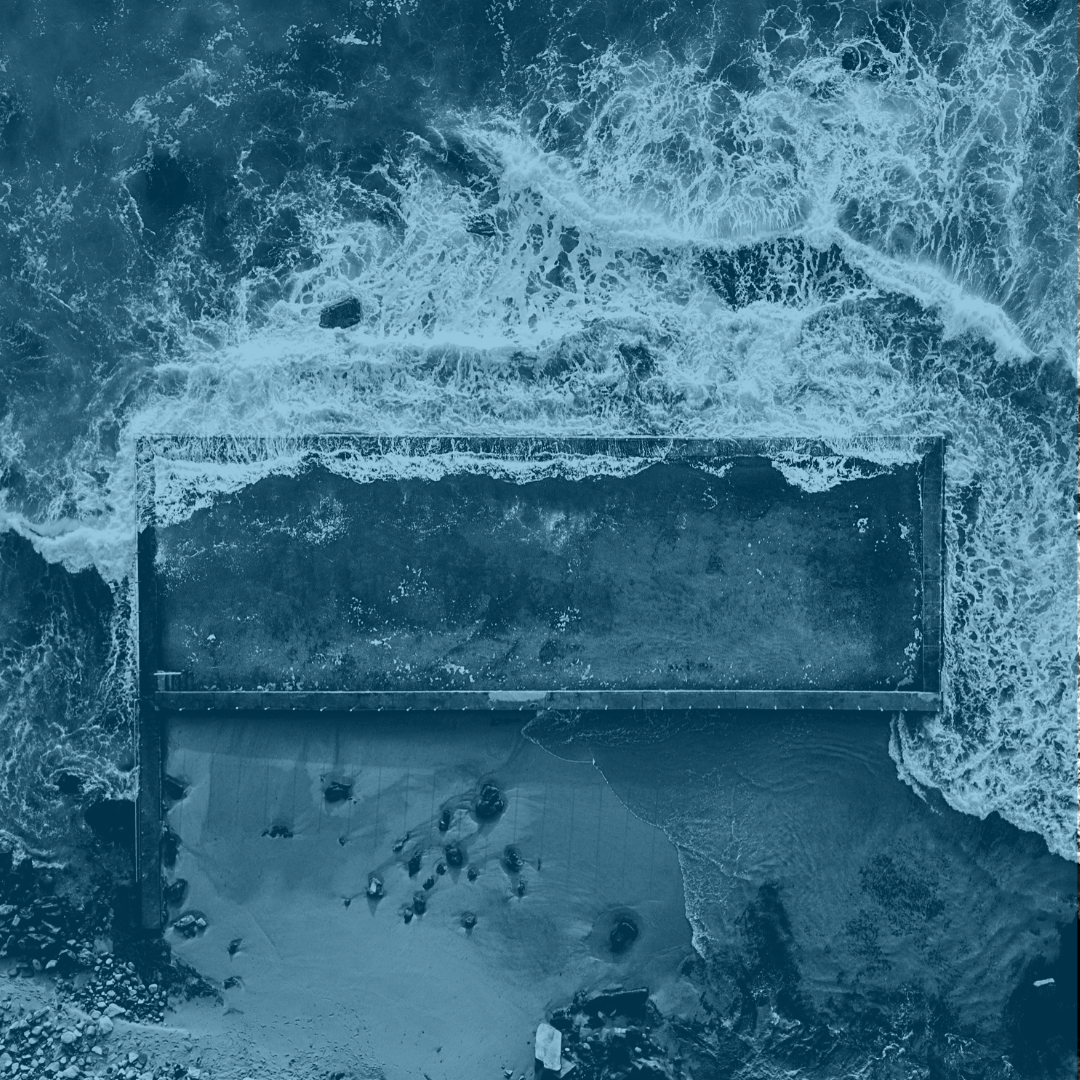News /
Doctor Climate Change

Introduction
Dr. Stewart Cohen was a senior researcher with Environment and Climate Change Canada for more than 30 years. He has contributed to more than 125 publications on climate change impacts and adaptation. He has been a member of author teams for national assessments of climate change in Canada and the United States and contributed to several United Nations Intergovernmental Panel on Climate Change (IPCC) publications.
I recently had the pleasure of interviewing Dr. Cohen about his Adaptation Learning Network course at Royal Roads University, Climate Change Adaptation Fundamentals. During the interview, Dr. Cohen answered three core questions that frame the entirety of his course.
Lessons Learnt
What is the problem?
“So climate is an important part of the characteristics of a place and previous generations. Our ancestors adapted their lifestyles to those conditions; their housing, food systems, water system, clothing, and recreation. Everything was adapted to the climate of the place. Past climate changes were natural. But current changes are not. They’re happening because greenhouse gas emissions are changing the atmosphere, causing the climate to change faster than was historically experienced. And this is going to keep on happening unless the world can manage greenhouse gas emissions.”
What is at stake?
“Anything sensitive to weather and climate such as water, forests, food supply, ecosystems, coastal regions experiencing sea-level rise, or infrastructure that was designed based on past weather and climate statistics. All of those things are sensitive to weather and climate extremes and potential changes in climate change. So what’s at stake are all these things that we depend on for our lives.”
What can we do?
“…We need to fully communicate the climate change damage reports to the broader public [Noting what] the cost of doing nothing is. This cost represents a serious risk to our future. We need to do a much better job describing what climate action looks like, whether it’s reducing carbon emissions or climate change adaptation. We have to create a common ground for seeing that there is a reason for everyone to be involved in climate action… we all have to be able to see ourselves in it.”
Summary
If you are interested in climate adaptation, be sure to register for the next iteration of the Climate Change Adaptation Fundamentals course and look at all the upcoming courses offered by the Adaptation Learning Network.
